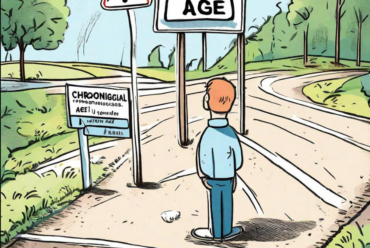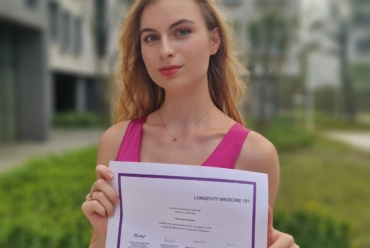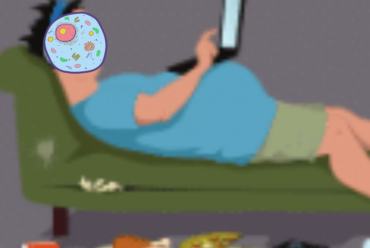O.R.C.Alzheimer
In the O.R.C.Alzheimer project, we pay attention to the possible possibility of receiving a card from fate, in the form of incurable Alzheimer’s disease, which begins 20-30 years before the first symptoms appear. Medicine is still unable to clearly answer the question of who gets sick and who doesn’t. We do not know the exact causes of the disease or the methods of its treatment.
Neurocognitive disorders, such as Alzheimer’s disease, are the second most prevalent causes of death in high-income countries. In 2050 there will be 152 million people with such disorders. In 2030, it will cost 2 trillion dollars worldwide. The disease develops even 20 years before the first symptoms appear. We can’t treat or reverse the disease. By educating everyone, starting with the kids, on how to decrease the risk of the disease, we can make a conscious decision of saving our brain and future.
The first patient diagnosed with Alzheimer’s disease was Auguste Deter. It was over 100 years ago. If Auguste consulted the doctor today, he could not have offered her more (treatment, answers) than Dr Alois Alzheimer in the last century.
Patients with Alzheimer’s disease can’t make a riot to increase funds for research on this disease because they do not know that they are sick and have no orientation in space-time. Therefore, we must take action in this regard before it possibly affects us as well.
The O.R.C.Alzheimer project spreads awareness about the disease and other forms of dementia and fights against taboos and stereotypes. Prevention is vital and should be taught from the earliest years. We choose how we go through life, but our mental and physical health should always be of the highest value. Only quick detection of the disease and awareness of what it is associated with allows you to reduce destructive emotions associated with not knowing what awaits us after the diagnosis.
We emphasize that dementia is not the same as ageing. In Alzheimer’s disease, each subsequent hour and each subsequent day of delay in diagnosis is essential to your future.
So don’t wait: Observe. Recognize. Consult. Alzheimer’s.
Watch the video to know more about the disease.





